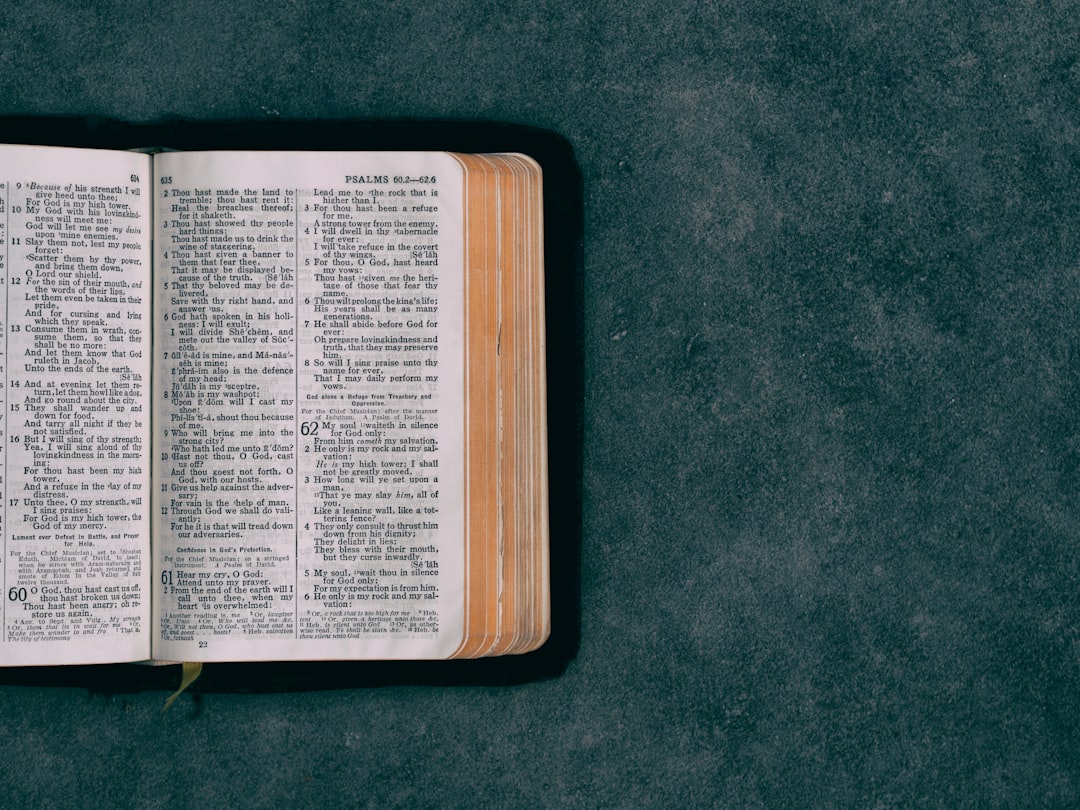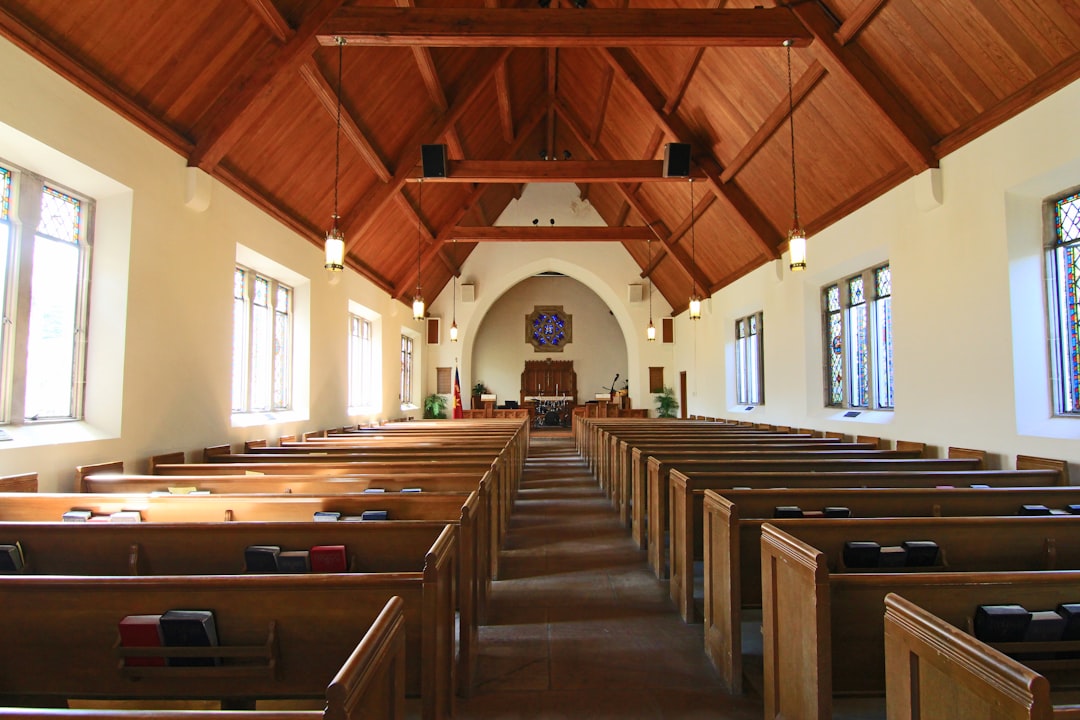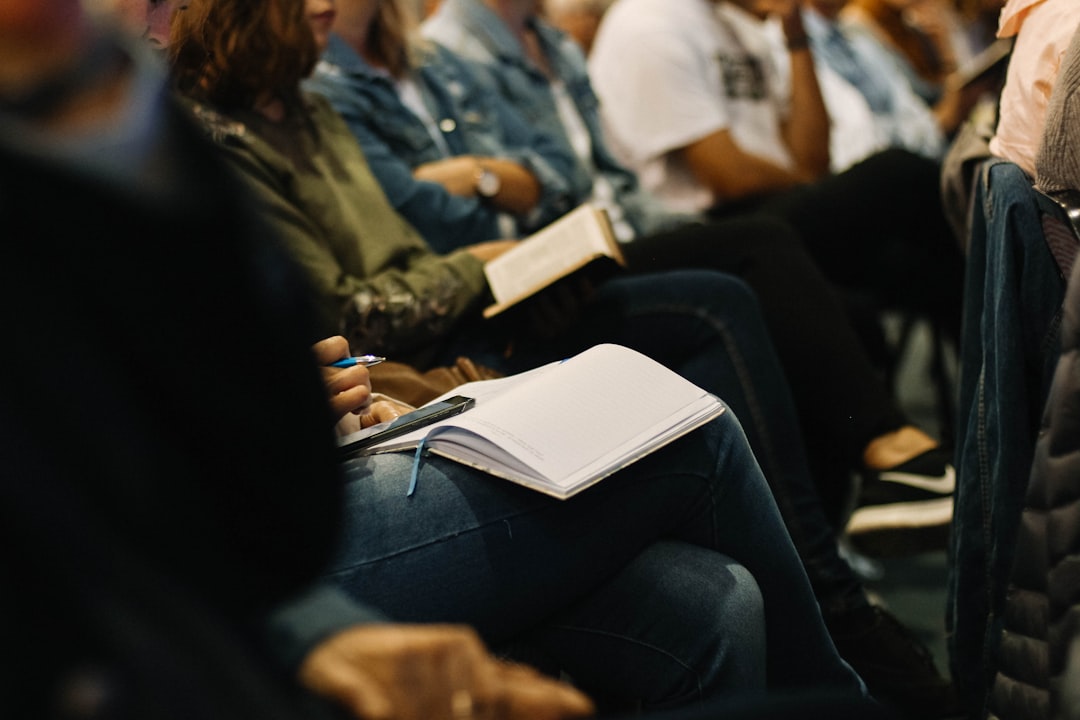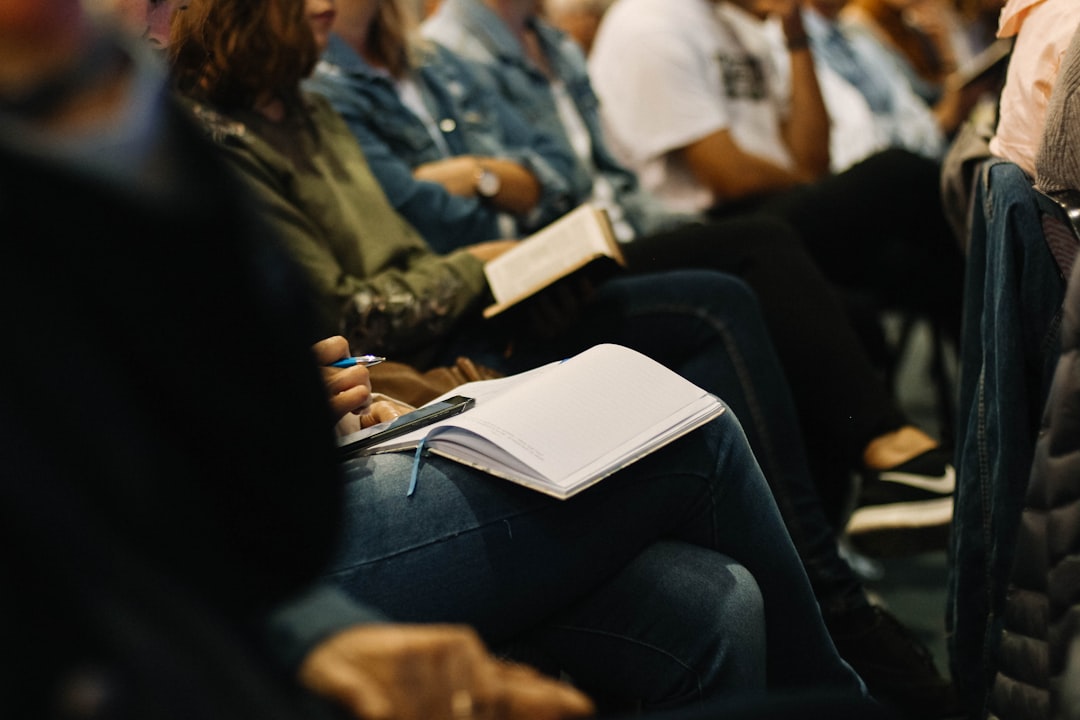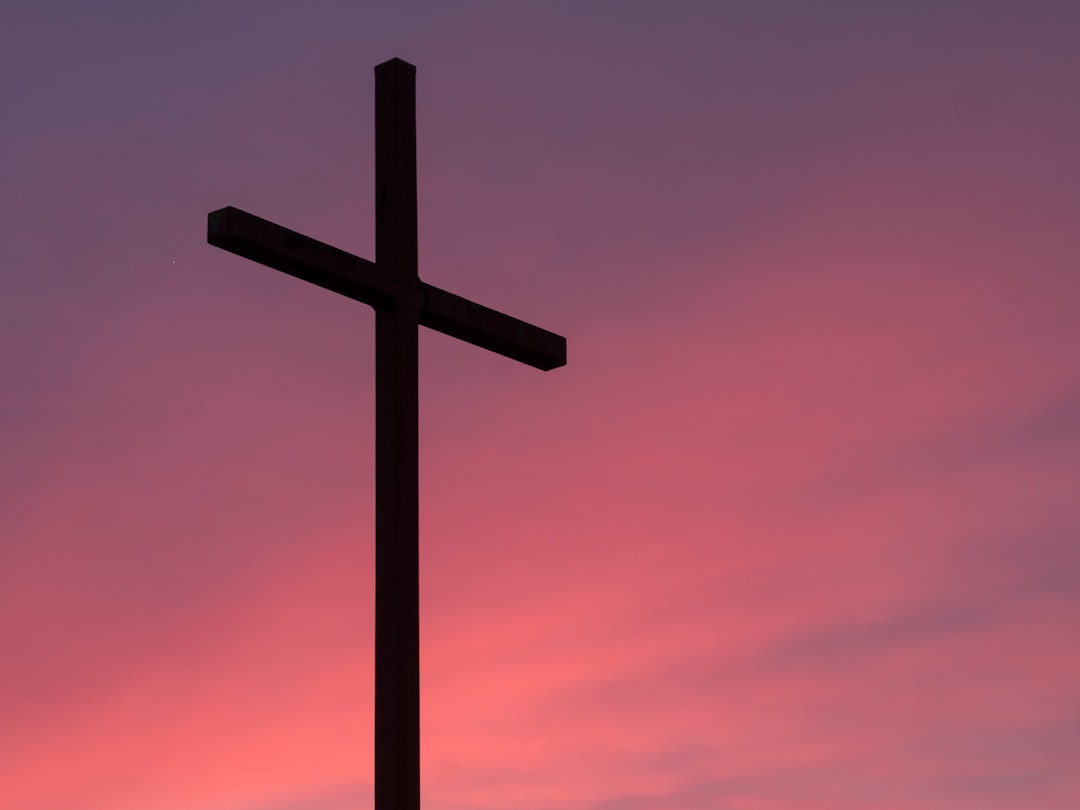“In Denver, Colorado, where vibrant religious communities flourish, the shadow of clergy abuse casts a serious concern. Understanding this complex issue and its devastating impact on victims is crucial. This article serves as a guide for those seeking justice, introducing the vital role of a legal advocate specializing in clergy abuse cases. We explore the legal landscape in Colorado, providing insights into laws protecting victims and steps to take if you’ve endured such misconduct. For Denver residents, connecting with a skilled clergy abuse lawyer is a critical step towards healing and holding accountable those who have caused harm.”
Understanding Clergy Abuse: Defining the Issue and Its Impact in Denver, CO

Clergy abuse is a sensitive and complex issue that involves the misuse of power and authority within religious institutions. It encompasses various forms of mistreatment, including emotional, psychological, sexual, or financial exploitation by members of the clergy towards individuals under their care or influence. In Denver, Colorado, as in many other cities across the nation, the impact of clergy abuse can be profound and long-lasting for victims.
Understanding the scope of this issue is crucial in addressing it effectively. Many cases often go unreported due to trust in religious leaders and fear of stigma or retaliation. However, when revealed, clergy abuse can disrupt communities, erode faith, and cause severe emotional trauma. Denver’s diverse religious landscape necessitates a competent legal advocate who specializes in these matters, ensuring that victims receive justice and support tailored to their unique experiences. A skilled clergy abuse lawyer in Denver CO plays a vital role in navigating this sensitive area of law, advocating for victims’ rights, and holding perpetrators accountable.
The Role of a Legal Advocate: Navigating Complex Cases of Clergy Misconduct
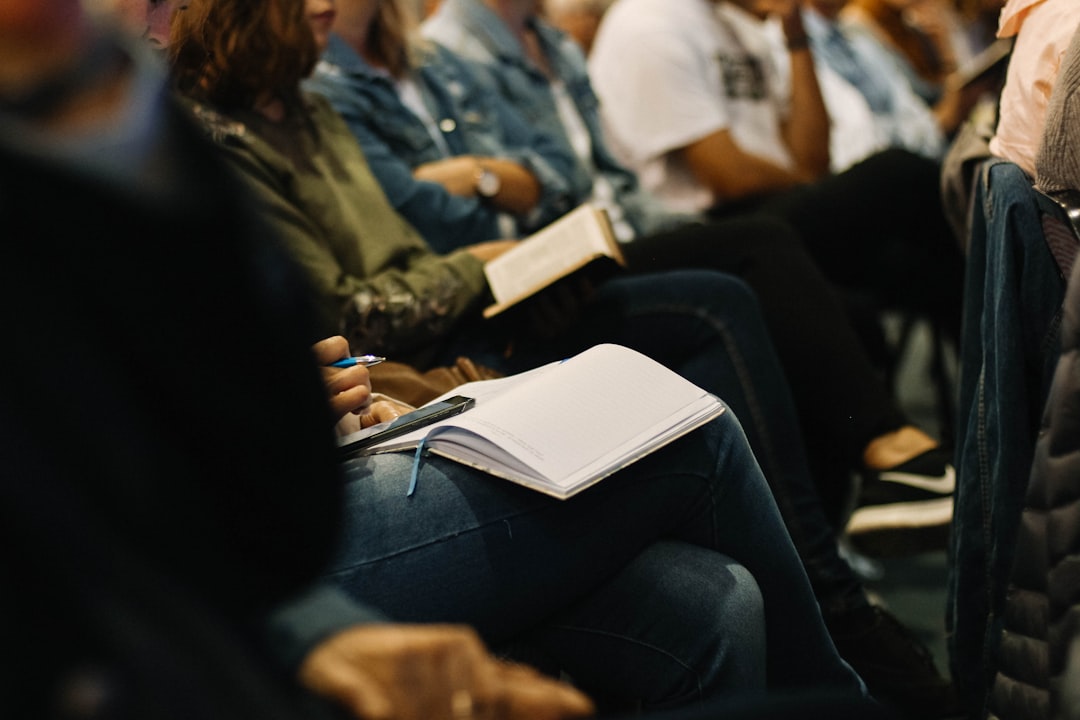
A clergy abuse legal advocate plays a pivotal role in holding religious institutions accountable for the actions of their leaders. These specialists are well-versed in navigating complex cases of clergy misconduct, which often involve sensitive and intimate details. They guide clients through the legal process, ensuring their rights are protected while advocating for justice.
In Denver, Colorado, where there is a growing awareness of the impact of clergy abuse, these advocates are essential. They help survivors find the courage to come forward, provide strategic legal counsel, and represent them in civil lawsuits against the abusers and the institutions that enabled their actions. Their expertise lies in understanding both the spiritual and legal dimensions of such cases, ensuring a holistic approach to healing and justice for all victims.
The Legal Landscape: Laws and Protections for Victims of Clergy Abuse in Colorado
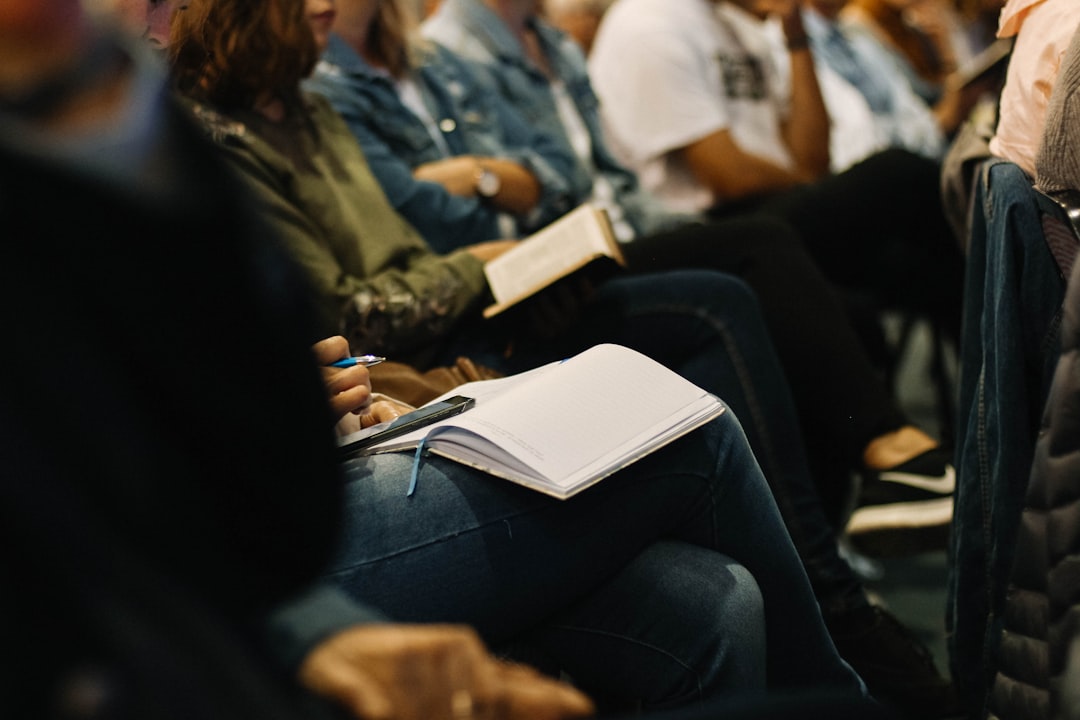
In Colorado, the legal landscape regarding clergy abuse is evolving, with a growing emphasis on protecting victims and holding perpetrators accountable. The state has implemented laws that specifically address sexual misconduct within religious organizations, recognizing the unique challenges faced by victims of clerical abuse. These laws provide a framework for victims to seek justice and compensation, ensuring they have access to legal recourse.
A clergy abuse lawyer in Denver, CO, plays a vital role in navigating this complex legal terrain. They are equipped to guide victims through the process, explaining their rights and options under Colorado’s protective legislation. With specialized knowledge of these laws, such lawyers can effectively represent clients, secure evidence, and negotiate settlements or pursue litigation on their behalf, ensuring they receive the justice they deserve for the trauma they’ve endured.
Finding Justice: Steps to Take If You've Experienced Clergy Abuse in Denver
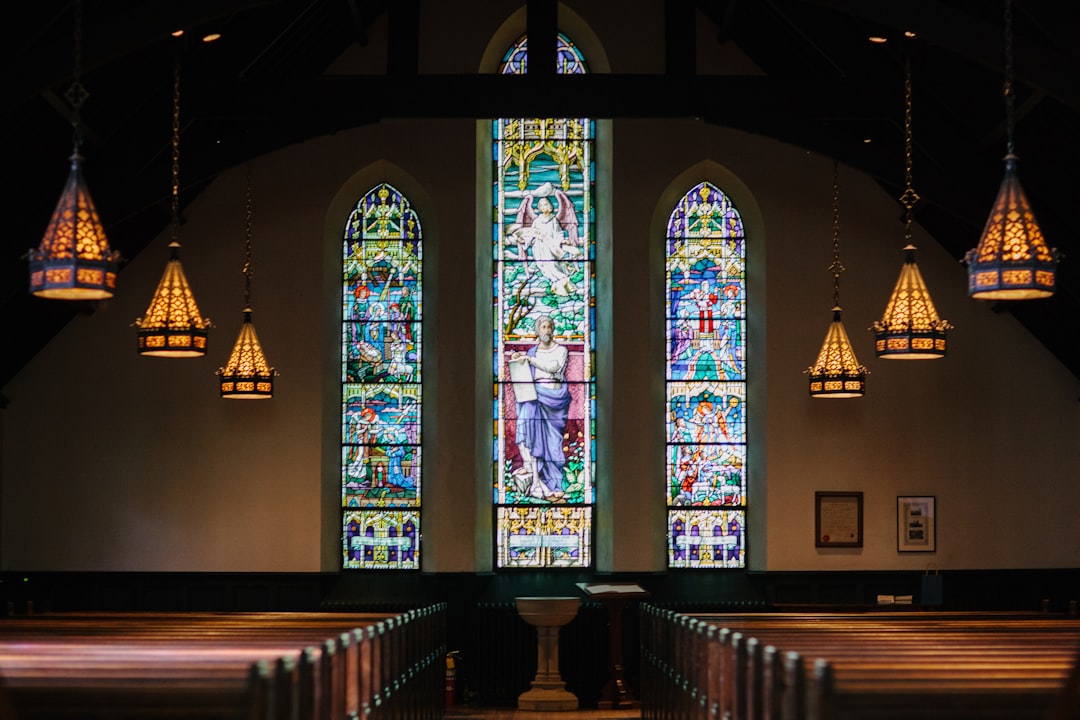
If you’ve been a victim of clergy abuse in Denver, Colorado, seeking justice can feel overwhelming. The first step is to reach out to a dedicated clergy abuse lawyer who understands the unique complexities of such cases. In Denver, where faith communities are diverse and extensive, it’s crucial to find legal counsel equipped to navigate these sensitive matters discreetly and with expertise.
The path to justice often involves several steps. You’ll want to document your experiences thoroughly, gathering any evidence that supports your case. This may include written records, emails, or other communications from the abuser. Next, file a report with local law enforcement to initiate a formal investigation. Your lawyer will guide you through these processes, ensuring your rights are protected and helping you understand the legal options available for pursuing compensation and holding the perpetrator accountable.
